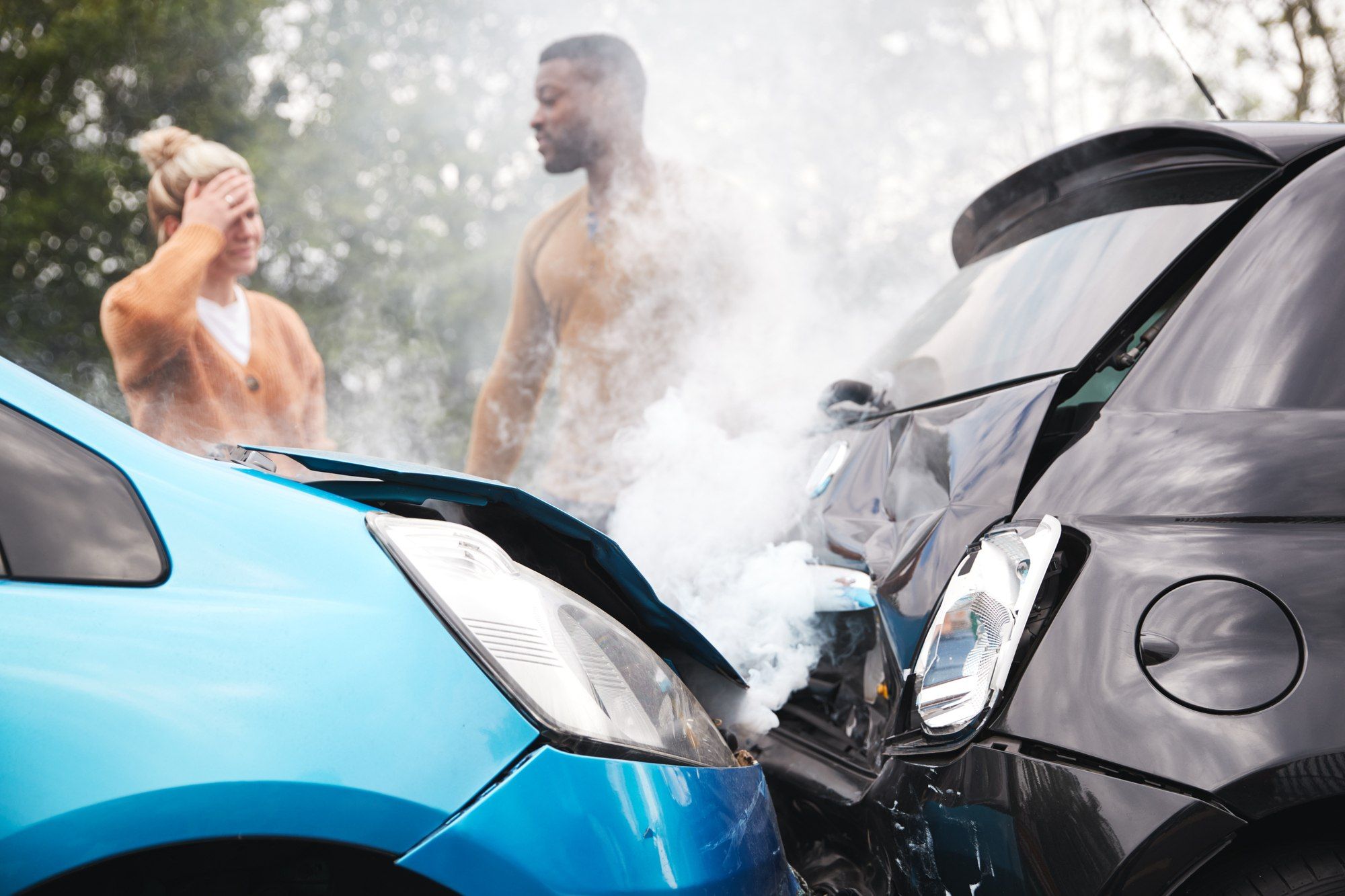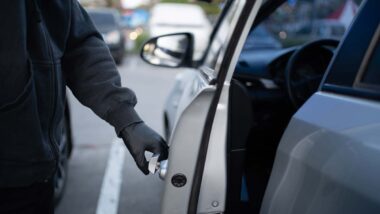Top Class Actions’s website and social media posts use affiliate links. If you make a purchase using such links, we may receive a commission, but it will not result in any additional charges to you. Please review our Affiliate Link Disclosure for more information.
A failed air bag control unit is at the center of a class action lawsuit filed by car owners who say the potentially fatal defect was known for years, but hidden.
Thirty-one named plaintiffs represent a class that includes owners and lessees of vehicles made by Hyundai-Kia, Fiat-Chrysler, Toyota, Honda and Mitsubishi. More than 15 million vehicles are affected.
At issue are the air bag control units made by defendant ZF TRW, which operate through the use of microchips made by defendant STMicro. The microchip is called the DS84 application-specific integrated circuit (ASIC) that processes signals from crash sensors to activate airbags and seatbelts. The microchip is a component of the air bag control unit.
The class action lawsuit alleges the DS84 ASIC is only used by ZF TRW and no other manufacturer. ZF TRW allegedly chose the DS84 ASIC in order to create smaller air bag control units.
Allegations of Air Bag Control Unit Defect
Plaintiffs allege ZF TRW’s air bag control units run by the DS84 ASIC are dangerously defective because they are “much more vulnerable to bursts of electricity than are other ACUs, including other ZF TRW ACUs that do not include the DS84 ASIC.”
In some vehicle accidents, large bursts of electricity discharge in the front end of the car, which may be caused by torn wiring components that can discharge an electrical current. In order to prevent such an electrical surge from damaging the air bag control unit and related components, these parts need to be sufficiently protected in the event of a crash.
Plaintiffs allege that in crashes over the last decade that electrical surges caused by crashes have resulted in the DS84 ASIC to become overheated to the point the component failed to initiate airbags and seatbelts to activate when needed.
Such heat damage to the DS84 ASIC is referred to as electrical overstress (EOC) in the automobile industry.
Plaintiffs allege defendants knew for years that the air bag control units were vulnerable to damage from electrical overstress, but allegedly pushed vehicles to the market and delayed vehicle recalls.
“Instead of timely and completely warning consumers – who have driven and continue to drive vehicles with these defective ACUs every day – defendants conspired to conceal the defect,” alleges the lawsuit.
The National Highway Traffic Safety Administration (NHTSA) and the vehicle manufacturer defendants purportedly have associated at least eight vehicular crash deaths to air bag and/or seatbelt failures that found electrical overstress indications in the DS84 ASIC.
NHTSA Investigating Air Bag Failures

According to AutoBodyNews, the NHTSA started looking at the components after a 2018 accident that resulted in four fatalities and six injuries. A federal investigation also ensued after air bags failed to deploy in the collision of a 2011 Hyundai Sonata and a 2012 or 2013 Kia Forte.
At least 1.9 million Chrysler automobiles were subject to recall in 2016 due to failed air bags that resulted in three deaths and five injuries.
In 2018, Hyundai issued recalls on its 2011 Sonatas after air bag failures resulted in three accidents. The air bag control units were found to have electrically shorted out. Kia found the same issues with more than 500,000 Forte, Optima and Sedona models that also ended up being recalled.
NHTSA and Air Bags
The NHTSA credits frontal air bags with saving 50,457 lives between the years 1987 and 2017, but in order for these safety benefits to be realized, the components to deploy the air bags must work properly.
Several years ago, Takata air bags were recalled when a safety defect was found that indicated the air bags could explode, resulting in injury or death. While designed to protect vehicle occupants, the air bag is only as dependable as the components that ensure proper deployment. It only takes one small flaw to render an air bag useless or even dangerous.
In other cases, the NHTSA has identified that fewer than 0.1% of vehicles sold in the U.S. are equipped with counterfeit air bags, which also can malfunction.
If your vehicle has been in a crash and you’ve had the air bags replaced by a repair shop that is not affiliated with a new car dealership within the past three years, or if you’ve purchased a replacement air bag online, the NHTSA recommends you contact the vehicle’s manufacturer to have the vehicle inspected at your own expense, and have the air bag replaced if deemed necessary.
The Air Bag Control Unit Lawsuit is Barry Adams, et al. v. ZF Active Safety and Electronics US LLC, et al., Case No. 2:20-cv-12699, in the U.S. District Court for the Eastern District of Michigan.
Join a Free Vehicle Safety Class Action Lawsuit Investigation
If you own a vehicle that you believe has a safety defect and you are outside of the warranty period or you believe the defect should be covered by the warranty and it’s not, or you or a family member have been injured by a safety related defect, you may qualify to join this vehicle safety defect class action lawsuit investigation.
This article is not legal advice. It is presented
for informational purposes only.
ATTORNEY ADVERTISING
Top Class Actions is a Proud Member of the American Bar Association
LEGAL INFORMATION IS NOT LEGAL ADVICE
Top Class Actions Legal Statement
©2008 – 2024 Top Class Actions® LLC
Various Trademarks held by their respective owners
This website is not intended for viewing or usage by European Union citizens.
















36 thoughts onClass Action Lawsuit Alleges Defective Air Bag Control Unit is Vulnerable in Crashes
2016 Kia Sedona 2 previous wrecks no airbags. 3rd wreck every airbag came out totaling the car out. Passenger seat would always show seatbelt light and repair place just advised keep the seat belt connected. Off and on electrical problems with radio and cigarette/power outlets. Also unable to get sliding doors fixed due to missed recall time. Sliding doors would open on their own, sometimes not lock/unlock, and made a loud chugging/bang noise when attempting to close. took car in to have repaired and they were unable to fix it without trying to charge $2000-3000 to do so.
add me
I was in an accident in 2014, the car I was driving was 1997 Escort my airbag didn’t come out. I was hit in the rear @ 70 mph
We have a Hyundai Sonata that is affected. Please add us.
Add me